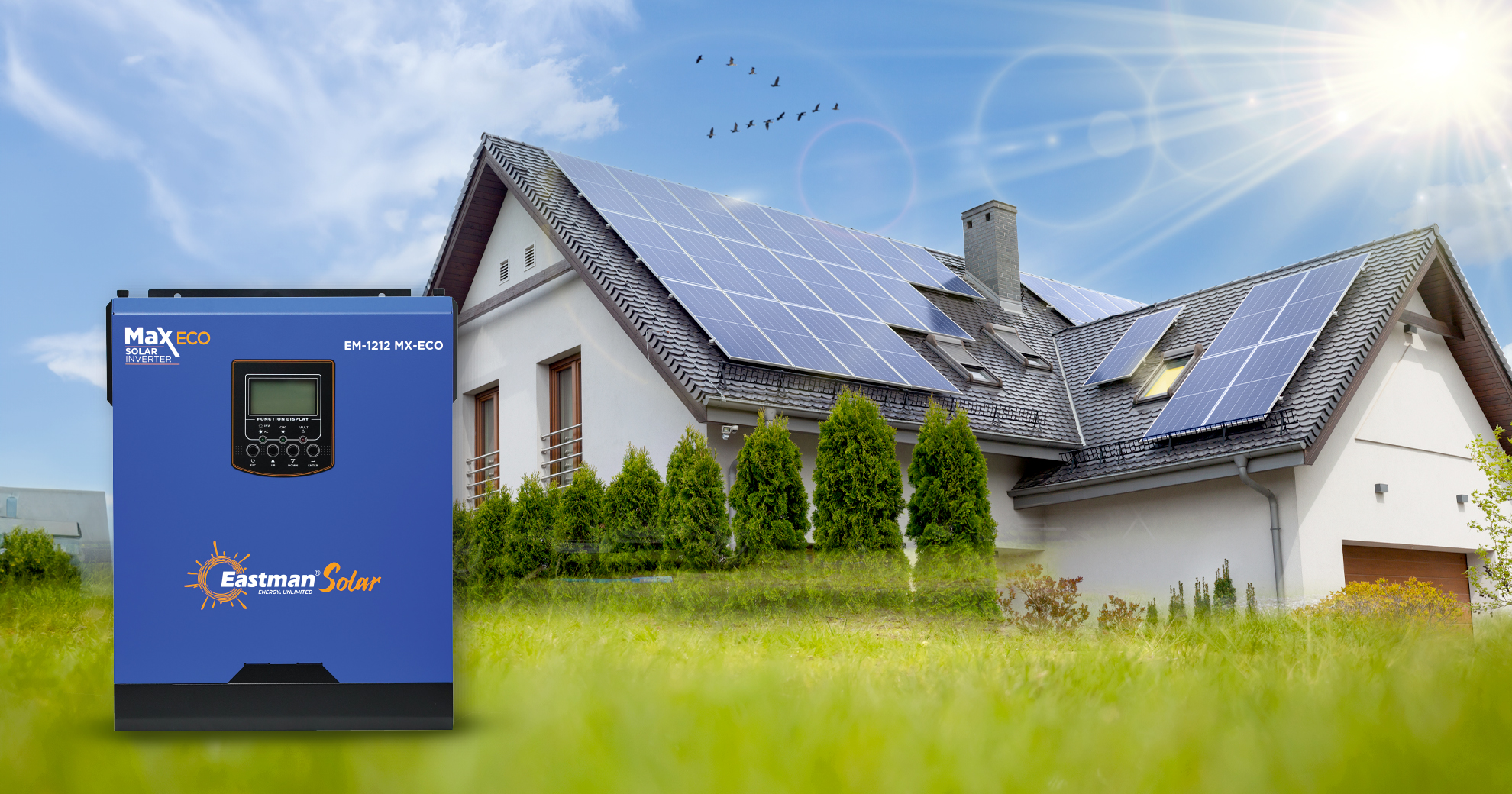
Understanding Off-Grid Inverter Maintenance and Troubleshooting
Off-grid inverters are the backbone of self-sufficient power systems, converting DC electricity from solar panels or batteries into usable AC power. To ensure their optimal performance and longevity, regular maintenance and troubleshooting are essential. Let’s delve into the crucial aspects of maintaining and troubleshooting off-grid inverters for a seamless and reliable energy supply.
1. Importance of Regular Maintenance
Check for Physical Damage
Inspect your off-grid inverter regularly for any signs of physical damage or wear. Look out for loose connections, corrosion, or any unusual Odors. Physical damage can significantly affect the inverter’s efficiency and performance.
Cleanliness Matters
Keep the inverter and its surroundings clean. Dust, debris, or any obstructions can hinder proper ventilation, potentially leading to overheating issues. Regularly clean the vents and ensure adequate airflow to prevent overheating.
Battery Maintenance
If your off-grid system includes batteries, maintaining them is crucial. Check battery connections, clean terminals, and monitor electrolyte levels (if applicable). Properly maintained batteries contribute to the overall efficiency of the system.
2. Routine Checks and Tests
Regular System Checks
Perform routine system checks to verify the inverter’s operating status. Ensure that it displays the correct information on the control panel or through monitoring software. Check for any error codes or abnormal readings that may indicate issues.
Battery Health
Monitor battery health regularly by examining voltage levels and charge status. Low or fluctuating voltage levels might signal potential problems with the batteries or charging system, affecting the inverter’s performance.
Wiring and Connections
Inspect all wiring and connections for tightness and signs of wear or corrosion. Loose or damaged connections can disrupt the flow of electricity and cause operational issues.
3. Troubleshooting Common Issues
Overheating
If the inverter is overheating, check for obstructions blocking airflow and ensure proper ventilation. Also, consider reducing the load or relocating the inverter to a cooler area if possible.
Error Codes or Abnormal Readings
Refer to the user manual or manufacturer’s guidelines to decode error codes or abnormal readings displayed on the inverter. These codes often provide valuable information about specific issues and possible solutions.
System Performance Issues
If you notice decreased system performance or irregularities, perform a thorough system check. Inspect components, connections, and settings to identify and rectify any underlying issues.
Professional Maintenance and Support
Seek professional assistance for complex issues or regular maintenance tasks beyond your expertise. Certified technicians can perform in-depth diagnostics, maintenance, and repairs, ensuring the longevity and reliability of your off-grid inverter system.
Understanding the importance of regular maintenance and troubleshooting for off-grid inverters is crucial in ensuring a consistent and reliable power supply. By incorporating routine checks, timely maintenance, and prompt troubleshooting, you can mitigate potential issues and prolong the lifespan of your off-grid inverter system.
Remember, a well-maintained off-grid inverter not only enhances system performance but also contributes to a more sustainable and efficient off-grid power setup.